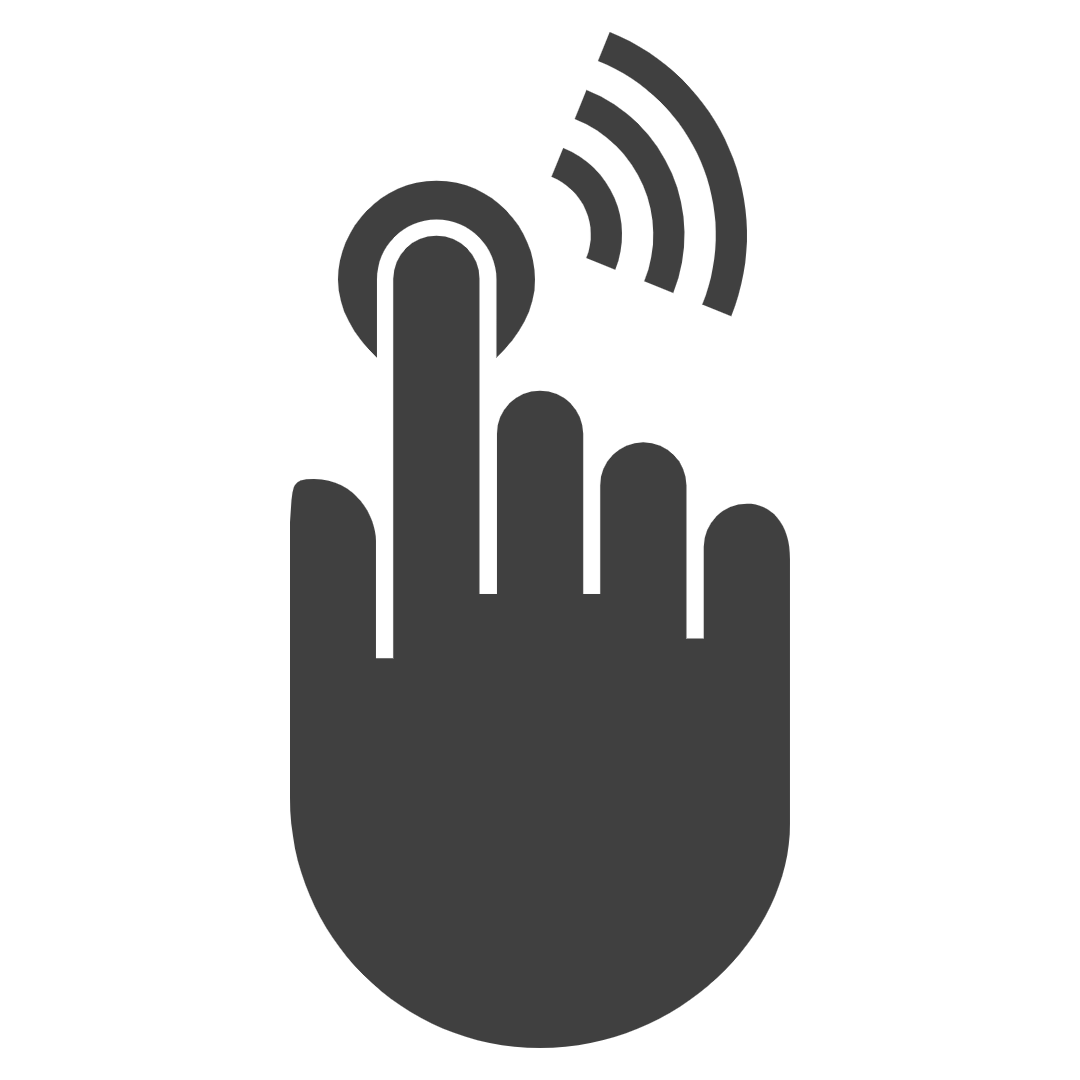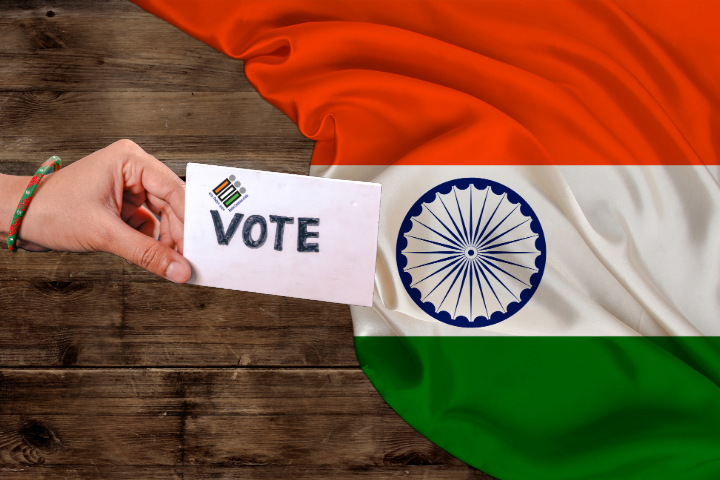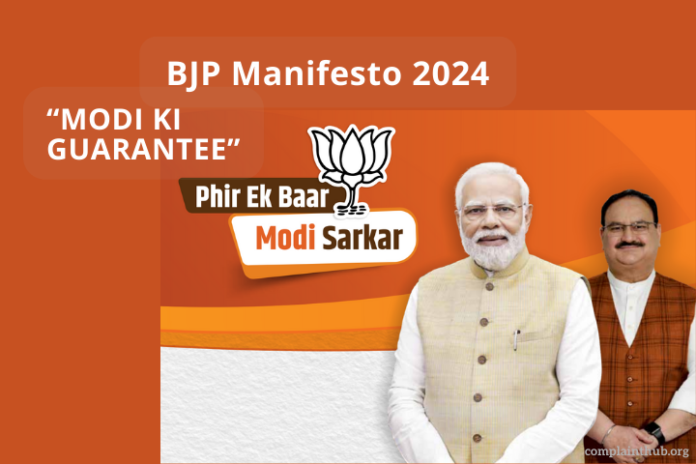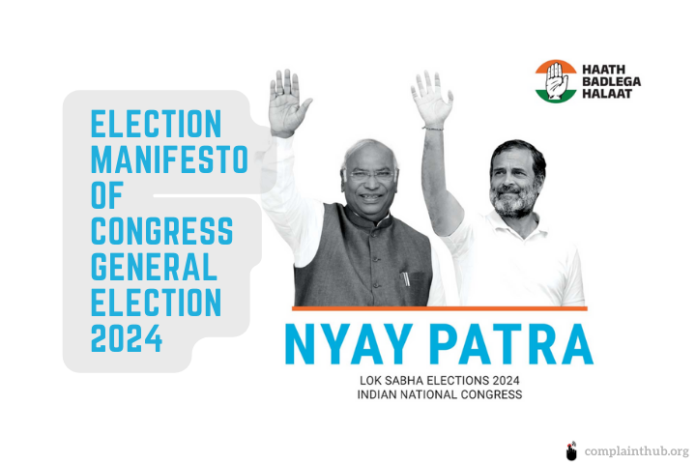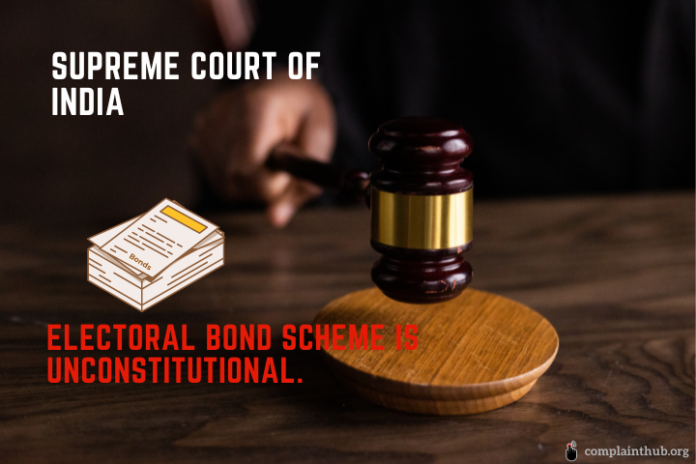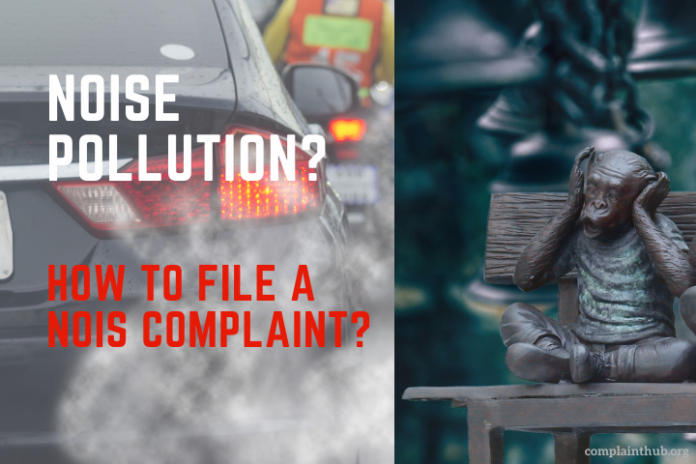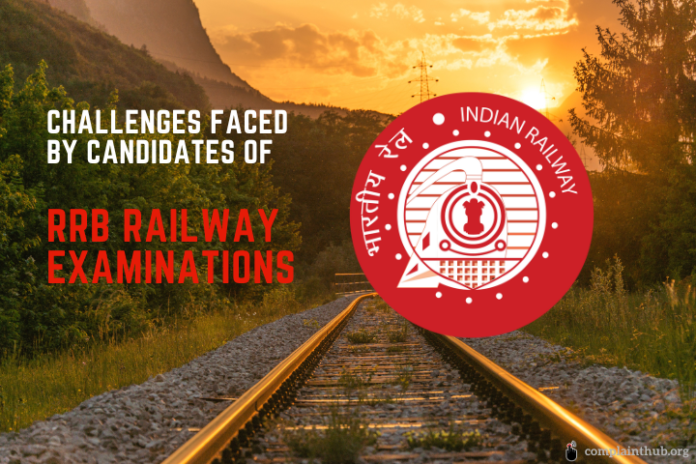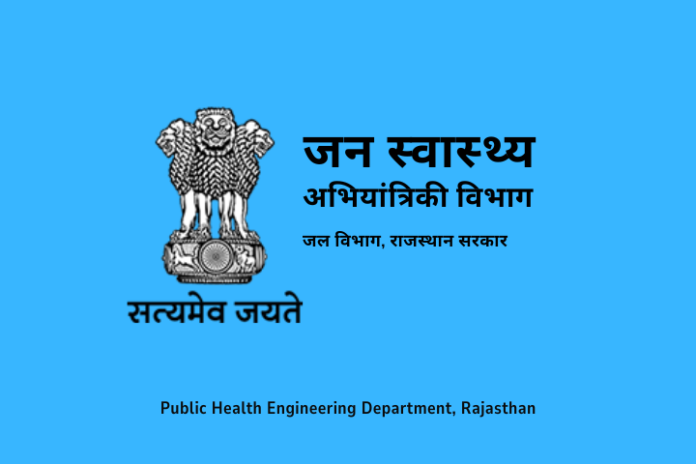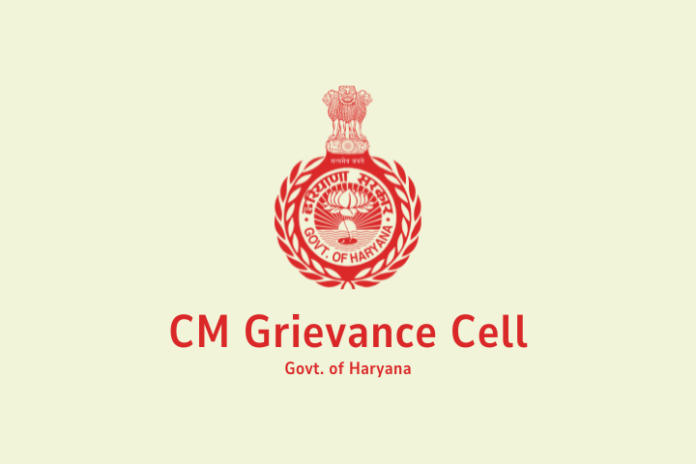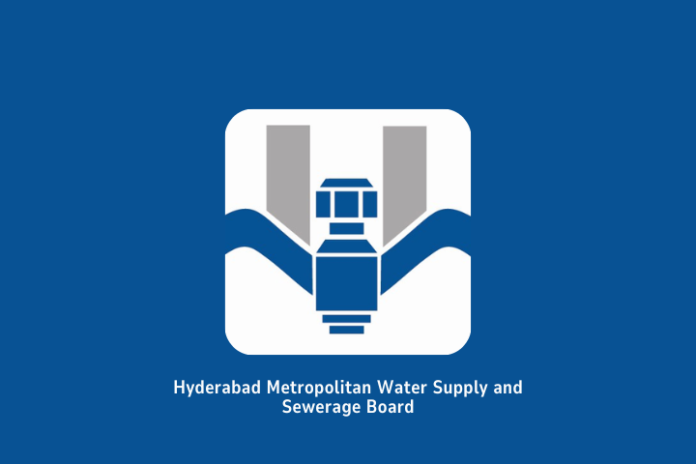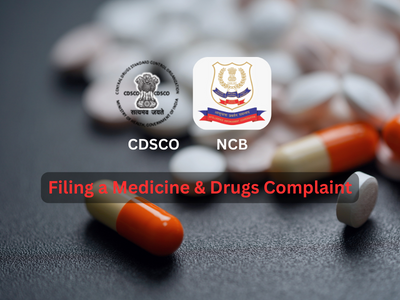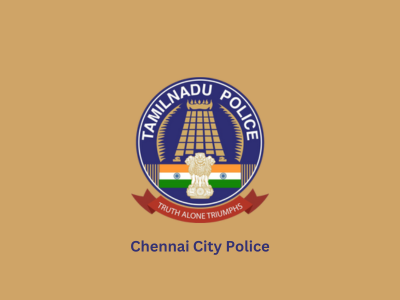India is the world’s largest democracy, with over 900 million eligible voters. The country is gearing up for the 18th general election, which is expected to be held in April-May 2024. The election will decide the fate of the 545-member Lok Sabha, the lower house of the Parliament, and the next Prime Minister of India.
As a voter, you have the right and the duty to participate in this historic exercise of democracy. The Election Commission of India (ECI), the constitutional body that conducts the elections, has taken several measures to ensure free, fair, and inclusive elections. Here are some important things that you should know as a voter:
Voter Awareness and Rights by ECI
The ECI has launched various campaigns and initiatives to raise voter awareness and education. Some of them are:
- Systematic Voters’ Education and Electoral Participation (SVEEP): This is a flagship program of the ECI that aims to inform, motivate, and facilitate voters to exercise their franchise. It includes activities such as voter registration drives, voter awareness weeks, voter helpline, voter-verifiable paper audit trail (VVPAT) awareness, etc.
- Voters’ Service Portal (VSP): This is an online platform that provides various services to voters, such as checking their name in the electoral roll, applying for voter ID cards, updating their details, downloading voter slips, etc. You can access the portal at voters.eci.gov.in.
- PwD App: A mobile application that enables persons with disabilities (PwDs) to request new registration, change in address, change in particulars, and mark themselves as PwD through the use of the smartphone. PwD voters can request a wheelchair, Braille ballot paper, and a companion during polling.
- cVIGIL App: Empowers citizens to report any violation of the model code of conduct or any malpractice during the election period. The app allows users to upload photos or videos of the incident and send them to the ECI for action. The identity of the complainant is kept confidential.
Voter Helplines to Register Complaints
If you have any grievance or complaint related to the election, you can contact the following helplines:
- 1950: The toll-free voter helpline number of the ECI to get information about your polling station, electoral roll, voter ID card, etc. You can also register your complaint or feedback through this number or email at complaints@eci.gov.in.
- ECI Voter Helpline App: Provides a single point of service and information delivery to voters across the country. You can access voter services, complain, or send feedback through the app.
- Online Complaint Portal: It allows you to register your complaint or feedback online. You can fill in the required details and log in/register. You will receive an SMS confirmation and a unique complaint ID for tracking the status of your complaint.
Guidelines That Voters Should Follow on the Day of Voting
On the day of voting, you should follow these guidelines:
- Check your name in the electoral roll and download your voter slip from the VSP portal or the ECI Citizen Helpline app. You can also get a physical copy of the voter slip from your booth-level officer (BLO) or the polling station.
- Carry your voter ID card or any other valid photo identity proof, such as an Aadhaar card, passport, driver’s license, etc. You can also use the Voter Helpline app to scan the QR code on your voter slip and show it as proof of identity.
- Reach your polling station between 7 am and 6 pm. Avoid peak hours and long queues.
- After entering the polling station, show your identity proof and voter slip to the first polling officer, who will verify your details and mark your finger with indelible ink.
- Proceed to the second polling officer, who will give you a token number and a voter slip with your serial number and the symbol of the NOTA (none of the above) option.
- Go to the third polling officer, who will activate the ballot unit of the electronic voting machine (EVM) and ask you to press the button corresponding to your choice of candidate or NOTA.
- After casting your vote, you will hear a beep sound and see a slip with the symbol of your choice on the VVPAT machine. The slip will be visible for seven seconds and then drop into a sealed box.
- Collect your voter slip from the third polling officer and exit the polling station.
Best Practices that Voters Can Adopt to Vote Right Candidates
As a voter, you have the power and the responsibility to choose the right candidates who can represent your interests and aspirations in the Parliament. Here are some best practices that you can adopt to vote wisely:
- Do your research: Before voting, you should do some research on the candidates and their parties, such as their background, qualifications, achievements, manifesto, vision, etc. You can use various sources, such as newspapers, websites, social media, etc., to get reliable and unbiased information.
- Compare and contrast: After doing your research, you should compare and contrast the candidates and their parties on various parameters, such as their performance, policies, promises, credibility, etc. You should also consider the local and national issues that affect you and your community and see how the candidates and their parties address them.
- Vote for the candidate, not the party: While voting, you should focus on the individual candidate and his or her merits, rather than the party affiliation or the popularity. You should vote for the candidate who can best serve your constituency and the country, regardless of the party he or she belongs to.
- Use the NOTA option: If you are not satisfied with any of the candidates or parties, you can use the NOTA option to express your dissent. This option allows you to reject all the candidates and register your vote as none of the above. However, you should use this option only as a last resort, as it does not affect the outcome of the election.
Always use your right to vote to choose the right candidate. Democracy is all about the people and the government of the people. So, be aware and participate in this general election to represent your real power.



